Smart Specimen Tracking Explore Our Sample Storage Solutions
Medical diagnostic laboratories solutions with RFID specimen tracking technologies.
Learn how RFID solutions work on samples tracking.
Transforming Medical Diagnostic Laboratories with RFID Specimen Tracking Technologies. Discover how cutting-edge RFID solutions are revolutionizing sample management in healthcare, ensuring precise tracking, improved efficiency, and enhanced patient care.
Implementing RFID (Radio-Frequency Identification) specimen tracking technologies in medical diagnostic laboratories offers numerous benefits and advantages, including:
Enhanced Accuracy
RFID technologies minimize the risk of human errors associated with manual data entry, ensuring precise specimen identification and tracking.
Efficient Workflow
Streamlined processes result in faster specimen handling and reduced turnaround times, ultimately improving the efficiency of diagnostic procedures.
Real-time Monitoring
RFID provides real-time specimen location data, enabling laboratory staff to quickly locate samples, reducing search times, and preventing sample misplacement.
Data Integrity
The automated nature of RFID reduces the likelihood of data discrepancies and ensures the integrity of patient and sample information.
Improved Compliance
RFID technologies can help laboratories adhere to regulatory standards and maintain compliance with protocols, reducing the risk of costly compliance violations.
Cost Savings
Enhanced efficiency and reduced errors lead to cost savings in terms of labor, retesting, and potential legal consequences resulting from errors.
Enhanced Patient Care
Faster and more accurate diagnostic processes enable healthcare providers to deliver timely and appropriate treatments, improving patient care outcomes.
Inventory Management
RFID enables laboratories to maintain better control over specimen inventory, reducing waste and optimizing resource allocation.
Security
RFID offers a higher level of specimen security, preventing unauthorized access to sensitive patient information and samples.
Scalability
RFID technologies can easily scale to accommodate the growing needs of a laboratory, making it suitable for both small clinics and large medical institutions.
Traceability
The ability to trace a specimen’s entire journey within the laboratory, from collection to disposal, enhances transparency and accountability.
Reduction in Downtime
With RFID, equipment downtime due to lost or misplaced specimens is minimized, ensuring that lab equipment remains operational and available for use.
Remote Monitoring
Some RFID systems allow for remote monitoring, enabling laboratory administrators to track specimen movement and conditions from a centralized location.
Integration with Laboratory Information Systems (LIS)
RFID technologies can integrate seamlessly with existing LIS, improving the overall functionality and data management within the laboratory.
Futureproofing
RFID technologies continue to evolve, ensuring that laboratories can stay up to date with the latest advancements in sample tracking and management.
Incorporating RFID specimen tracking technologies can significantly enhance the overall efficiency, accuracy, and quality of services provided by medical diagnostic laboratories, benefiting both healthcare providers and patients alike.
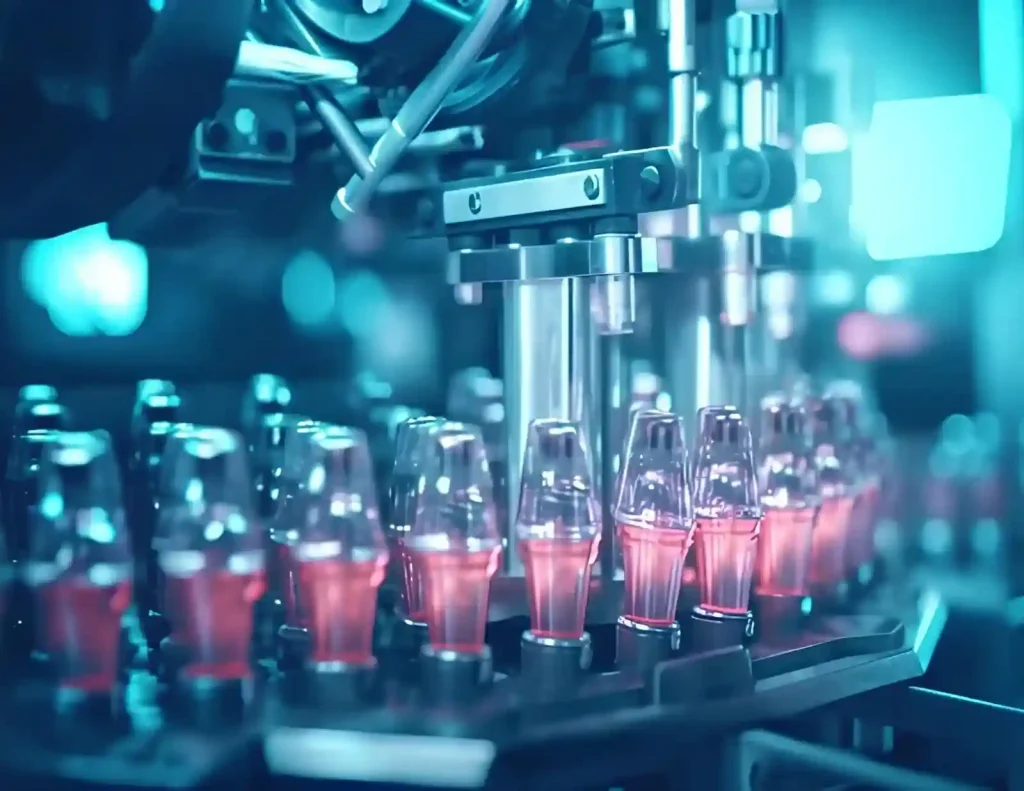
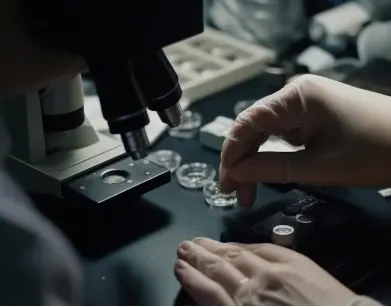

Case Study
Efficient asset management is crucial for the smooth operation of medical diagnostic laboratories. This short case study highlights the success story of a leading diagnostic laboratory, “HealthTech Labs,” which implemented an RFID-based Asset Management System to address their asset tracking challenges.
Challenges
HealthTech Labs faced several asset management challenges:
Manual Tracking: Traditional methods of tracking assets were time-consuming and prone to errors.
Equipment Utilization: Optimizing the utilization of costly diagnostic equipment was a priority.
Compliance: Meeting regulatory requirements for equipment maintenance and calibration was a challenge.
Solution
To overcome these challenges, HealthTech Labs adopted an RFID-based Asset Management System:
RFID Tags: Each piece of equipment was affixed with RFID tags containing unique identifiers.
RFID Readers: RFID readers were strategically placed in key locations within the laboratory.
Asset Management Software: A robust asset management software platform was implemented for real-time tracking and management.
Implementation
The implementation process involved:
Asset Tagging: All equipment was tagged with RFID labels, and their information was recorded in the asset management software.
Reader Installation: RFID readers were installed at entrances, exits, and critical locations.
User Training: Laboratory staff received training on using RFID technologies for asset management.
Results
The RFID-based Asset Management System delivered tangible benefits:
Accuracy: Real-time tracking reduced errors and improved asset accuracy.
Utilization: HealthTech Labs maximized equipment utilization, reducing downtime.
Compliance: The system helped ensure regulatory compliance by tracking maintenance schedules and calibration.
HealthTech Labs’ adoption of an RFID-based Asset Management System transformed their operations. It enhanced asset tracking accuracy, improved equipment utilization, and facilitated compliance. This case study illustrates how RFID technologies can streamline asset management in medical diagnostic laboratories, leading to better efficiency and resource optimization.
Our Products
Dual Laser Infrared Thermometer (Wide Range, Full Accuracy)
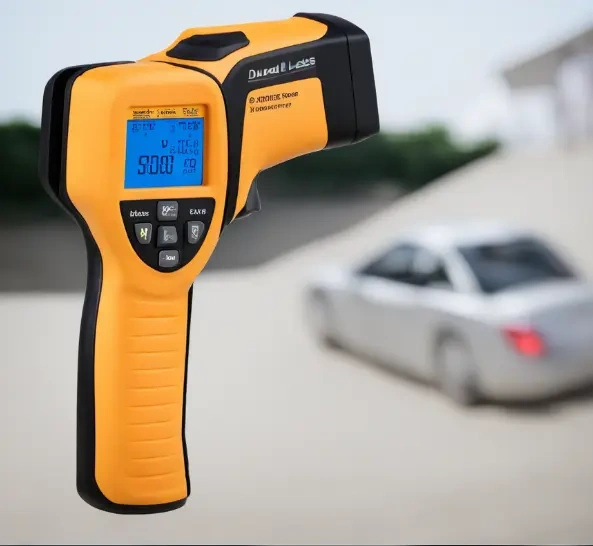
Features
- Laser backlight with on and off Control
- Large LCD display with Power Backlight
- High and low Temperature Audible Alarm
- White LED Flashlight
- Infrared up to 1832 °F (1000 ˚C)
- Cost effective and best performance ratio
- Dual Lasers for better targeting
- Long Battery Life
- Measurement Memory
- °C/°F Transfer.
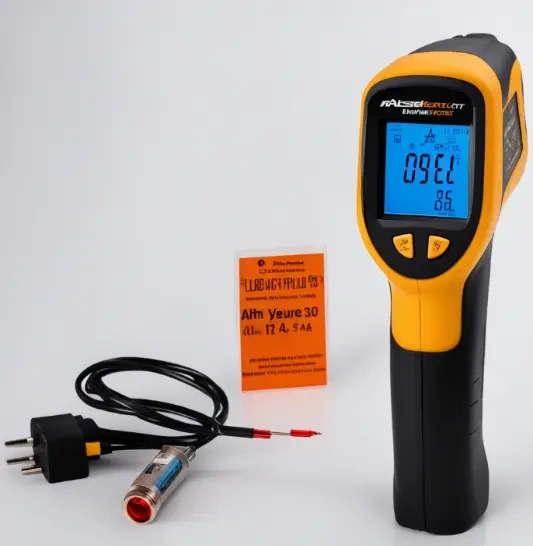
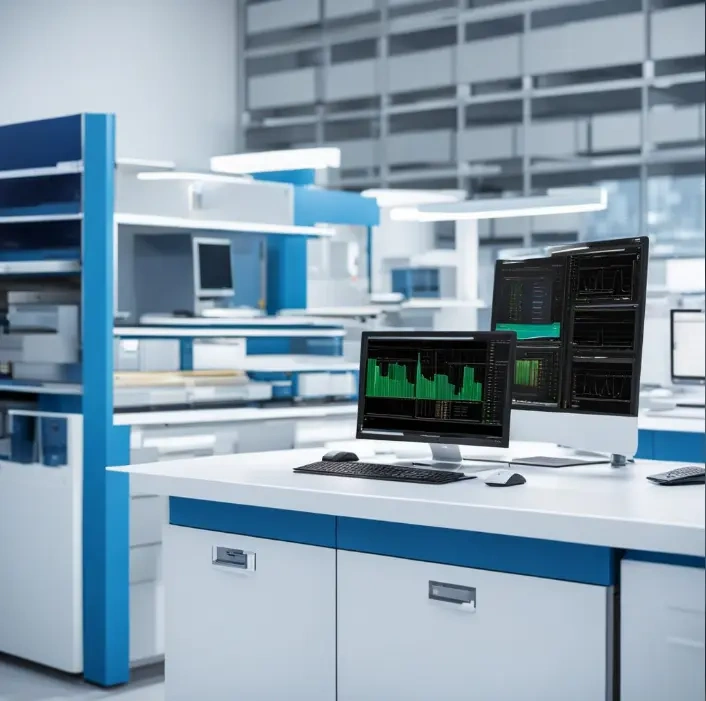
Medical Diagnostic Laboratories Asset Management System
Features
- No system installation is required.
- RFID readers can detect tags within their long-read range.
- RFID readers do not require a direct line of sight to read tags
- RFID readers can read multiple tags at once
- RFID tags are reusable and able to withstand impact, heat and moisture
- A wide selection of tags for different target materials and working conditions
- Suitable for medical diagnostic laboratories of all types and sizes

